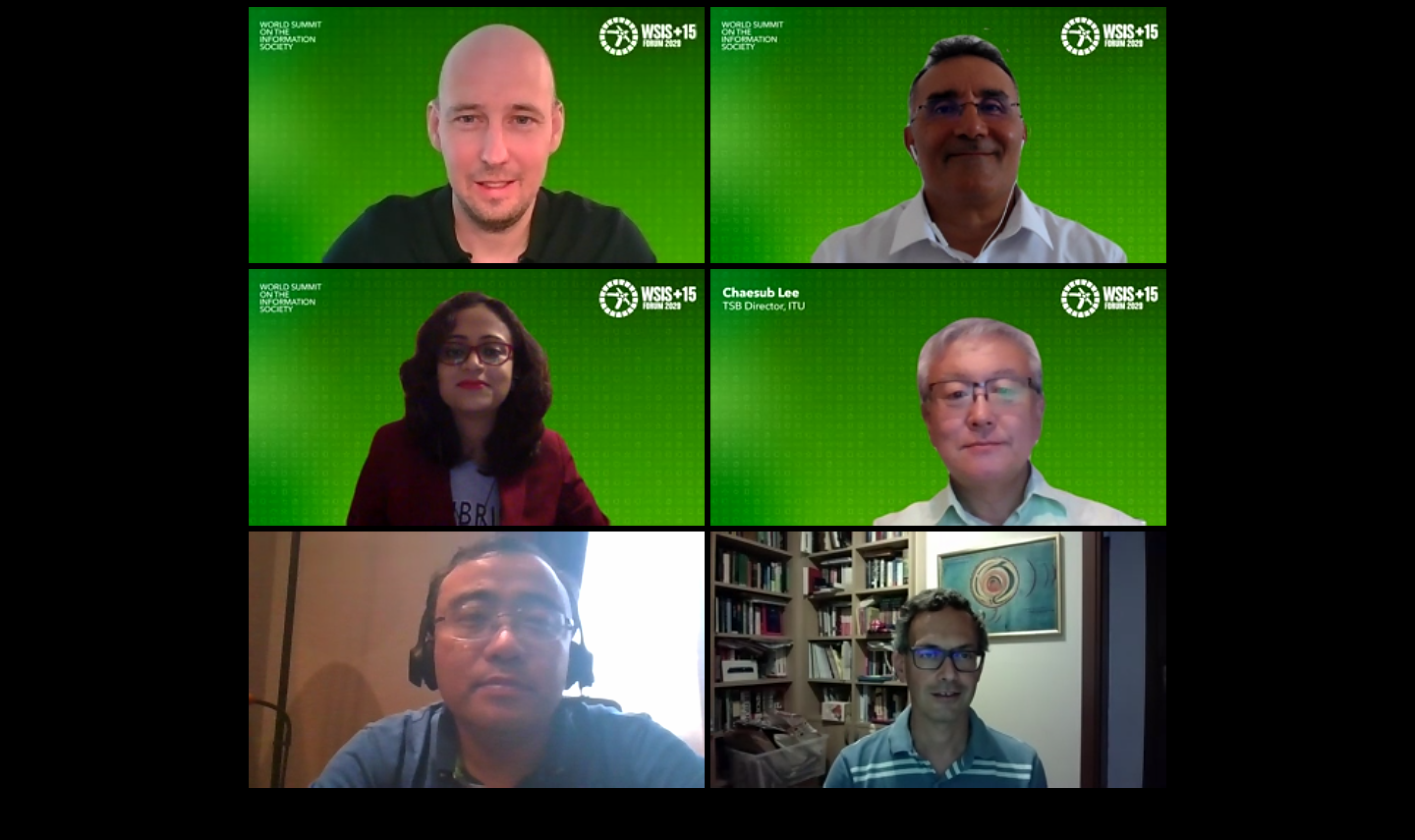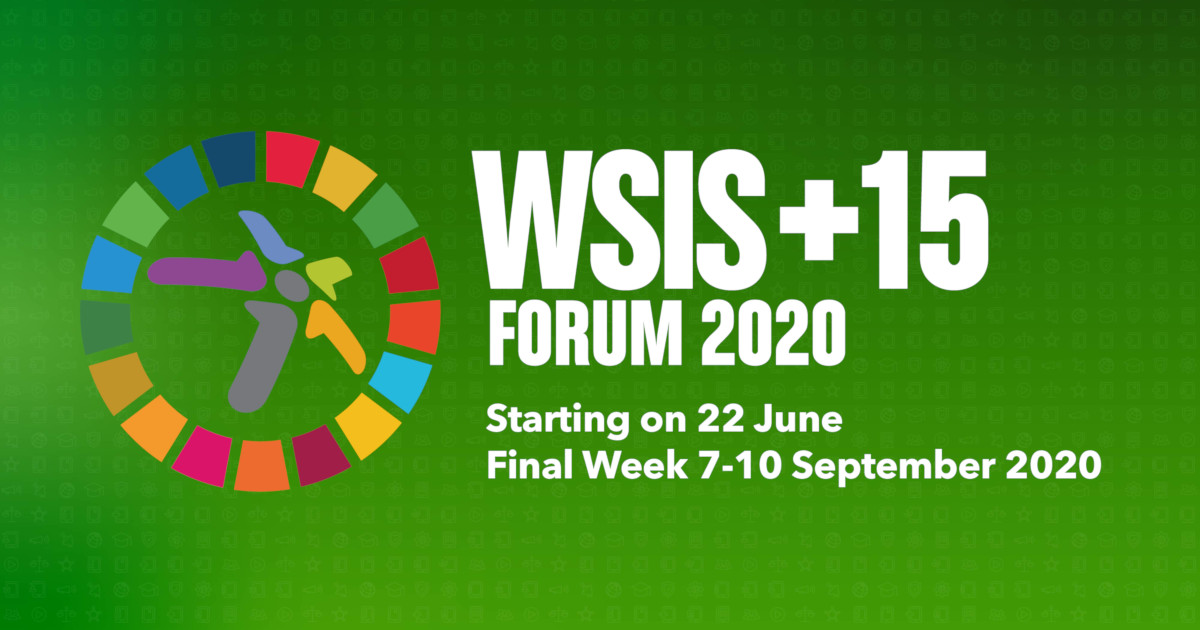ALFM Action Line C5: Cybersecurity in the era of Quantum Information Technology (QIT): challenges and considerations for ICT networks
International Telecommunication Union
Session 235
In its role as the facilitator of WSIS Action Line C5 – building confidence and security in the use of ICTs, ITU brings together different stakeholders to discuss the opportunities and challenges that emerging technologies offer especially when it concerns trust and security of ICTs.
In this regard, Quantum information technology (QIT) is a class of emerging technology that improves the information processing capability by harnessing the principles of quantum mechanics. With its promise of enhancing the performance of classical computing and applications, its research and application has become a central focus to not only academia, but also the industry and standardization communities. Several challenges, however, have arisen in its application with great concern given to its threat to many existing cryptography algorithms that are fundamental to ICT security.
This session will provide an overview on the developments of QIT globally, examine the challenges encountered in its deployment as well as analyse some security challenges and considerations for its compatibility and interoperability with classical ICT networks. This session will also provide some insight on the potential impact on security that QIT will have on classical ICT networks.
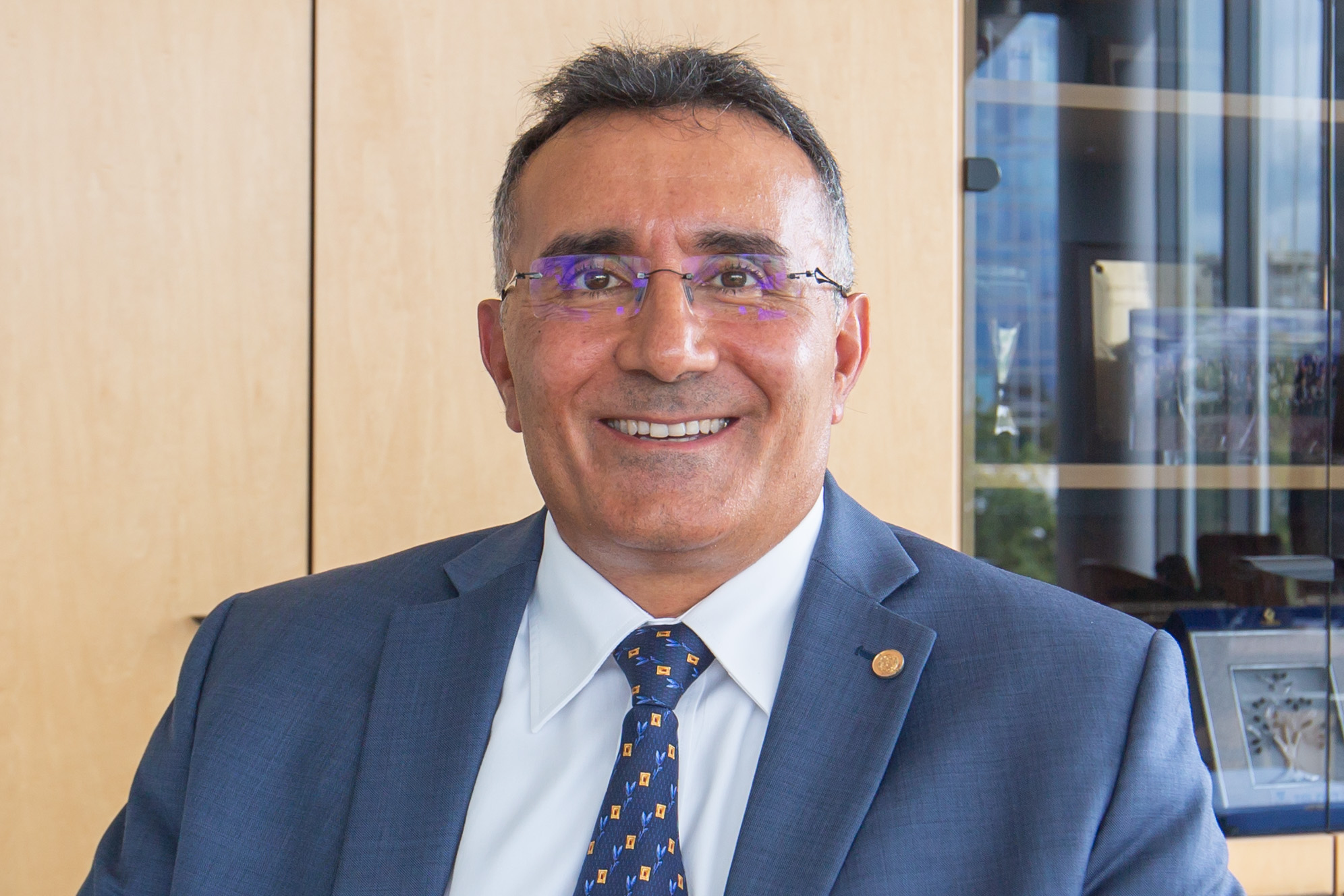
A distinguished engineer, leader, and diplomat; multilingual standardization expert and holder of 22 patents, Tunisian born Dr. Bilel Jamoussi has been Chief of the Study Groups Department of ITU Standardization Bureau (TSB) in Geneva Switzerland since 2010.
He has led the coordination of the bureau’s standards moving activities into a new era characterized by digital transformation that needs an increased collaboration with vertical sectors such as healthcare, transportation, utility, and banking.
His innovative approach has served as a catalyst to launch new standards initiatives related to emerging technologies such as IoT, Blockchain, AI and Quantum, attracting a new wave of memberships from non-traditional players.
He has also been credited with bringing the telco and financial sectors together to develop digital payments guidelines and standards with the aim of advancing financial inclusion globally.
Bilel is recognized as a key figure in the ICT industry.
Key achievements under his tenure have been important new standards while effectively managing staff by recruiting new talent, improving gender balance, delivering new work methods, and staying within budget.
Prior to 2010, he worked in the private sector for 15 years and held senior executive positions such as Director of Standards for Nortel. In this role he participated in over 90 standards making bodies worldwide. In the Internet Engineering Task Force (IETF), he authored a number of Internet standards.
As an IEEE Senior Member, he was elected to the IEEE Standards Association (IEEE-SA) Board of Governors and the IEEE-SA Corporate Advisory Group.
He holds a BSc, MSc and PhD degrees in Computer Engineering from the Pennsylvania State University, USA.
Bilel has lived in Tunisia, Canada, USA, and Switzerland, giving him a unique global viewpoint. He is fluent in Arabic, French, and English and speaks some Spanish and German.
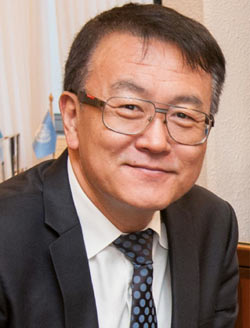
Chaesub Lee was elected Director of the ITU Telecommunication Standardization Bureau at the ITU Plenipotentiary Conference 2014 in Busan, Republic of Korea, and re-elected to this post for a second four-year term at the ITU Plenipotentiary Conference 2018 in Dubai, United Arab Emirates.
Dr Lee has contributed ICT standardization for over 30 years, specializing in areas such as integrated services digital networks (ISDN), global information infrastructure (GII), Internet protocol, next-generation networks (NGN), Internet protocol television (IPTV) and cloud computing.
He started his professional life in 1986 as a researcher at Korea Telecom. After 17 years he took up a role at the country's Electronics and Telecommunications Research Institute (ETRI), where he stayed for the next eight years.
Most recently he worked at the Korea Advanced Institute of Science and Technology (KAIST), and as a senior advisor to Korea's Ministry of Science, ICT and Future Planning (MSIP).
Within ITU Dr Lee served as Chairman of the ITU Focus Group on Next-Generation Networks (NGN) to address the growing need for international standards for NGN, including service requirements, functional architecture, mobility, security and Quality of Service (QoS). He was also Vice-Chairman of the ITU Focus Group on IPTV which worked to coordinate and promote the development of IPTV standards.
He acted as Vice-Chairman of ITU-T Study Group 13 (Future networks and cloud) from 2001 until 2008, becoming Chairman of that group in 2009. ITU-T Study Group 13 develops standards for NGN, future networks, cloud computing, Internet of Things (IoT) and mobile telecommunications, to ensure their smooth international deployment.
Dr Lee holds a PhD in Multimedia Engineering.
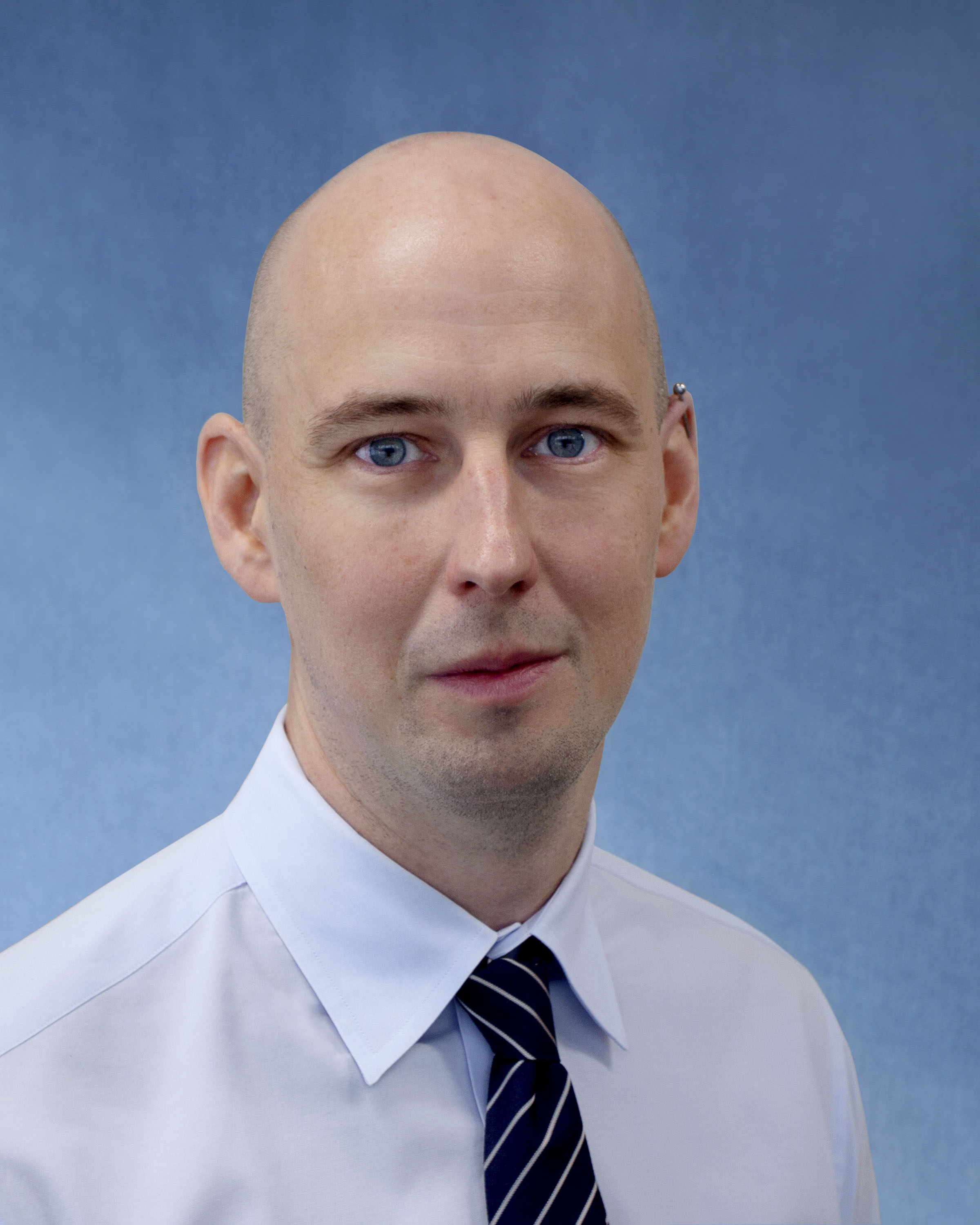
Dr. James Nagel is a Lead Photonic & Laser Systems Engineer at L3Harris Technologies Space and Airborne Systems, with over 15 years of experience across large and small businesses in both the commercial and aerospace industry. His primary technical expertise covers the field of lasers and optics at the component and system/application level. Specific areas include photonic devices, nonlinear optics, fiber lasers, free-space optical communications, LIDAR and remote sensing applications, as well as quantum communications. In his current role, Dr. Nagel is responsible for optical communications and networking efforts within L3Harris, leading multiple customer-funded and Internal Research & Development programs and serving as the Chief Technologist of L3Harris’ Quantum Communications Solutions group. He holds a PhD in Optical Sciences from the University of Arizona.
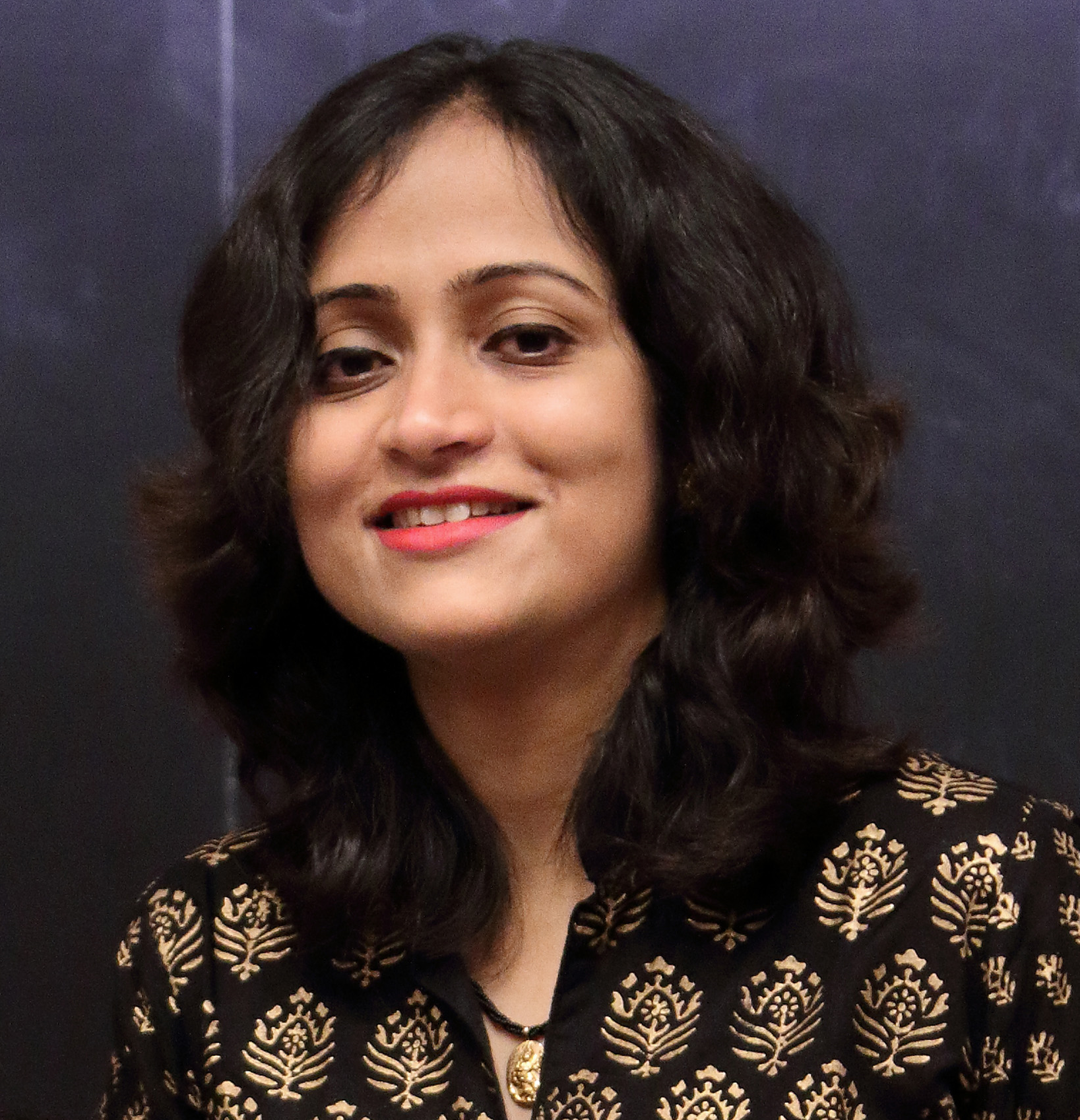
Urbasi Sinha is a Professor at the Light and Matter Physics group at the Raman Research Institute in Bangalore, India. She joined RRI in 2012 and is now heading the Quantum Information and Computing (QuIC) laboratory. The lab specializes in experiments on photonic quantum information processing including quantum computing and quantum communication, primarily using single and entangled photons. She is heading India’s first project on satellite based secure quantum communications (quantum experiments using satellite technology). She is also an associate faculty member at the Institute for Quantum Computing (IQC), University of Waterloo, Canada, and the Centre for Quantum Information and Quantum Control, University of Toronto, Canada.
Before joining RRI, Urbasi was a post-doctoral fellow at IQC where she was involved in Quantum Optics based experiments involving production, manipulation and application of heralded single photons as well as device fabrication for solid state quantum devices based on nanowires and carbon nanotubes. One of her noted pieces of work was a novel experimental test of the Born rule for probabilities in Quantum Mechanics.
Prior to her post-doctoral stint at IQC, Urbasi was a post-doctoral research associate in the Cavendish labs, Department of Physics, University of Cambridge, UK. She completed her PhD in Cambridge on experiments in high TC Superconductivity and her MSc in Physics also from Cambridge. She was a Gates Cambridge scholar during her PhD and a NehruChevening scholar during her masters.
In recognition of her scientific achievements as well as outreach activities, she was awarded the Homi Bhabha Fellowship in the year 2017 and has been named the recipient of the 2018 ICTPICO Gallieno Denardo Award in Optics. She was recently recognised as one of Asia’s Top 100 scientists by the Asian Scientist for the year 2019 and has been awarded the Simon’s Emmy Noether Fellowship at the Perimeter Institute, Canada.
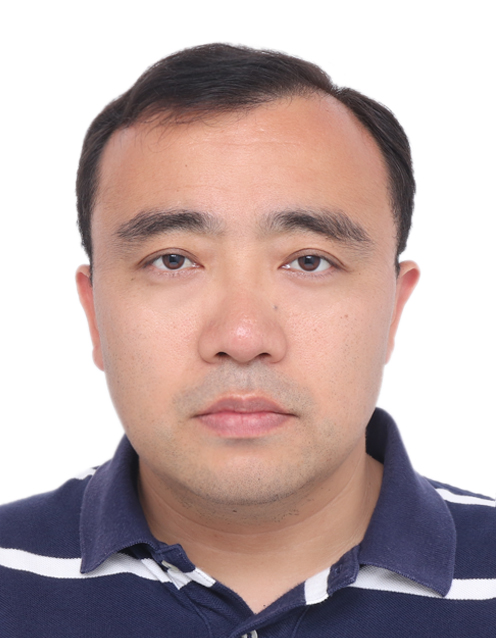
Qiang Zhang received his B.S. degrees and PH.D. degrees in Physics from the University of Science and Technology of China (USTC), Hefei, China in 2001 and 2006, respectively. Then he worked as a postdoctoral research fellow in Ginzton Laboratory, Stanford University, USA from Oct. 2006 to Mar. 2011. In Apr. 2011, he joined in Hefei National Laboratory for Physical Science at Microscale, USTC as a professor.
His research primarily focuses on the field of quantum information and has made contributions to most key building blocks of the development of core components and key technology in the field of quantum communication. Examples of his key achievements include: He experimentally demonstrated measurement device independent quantum key distribution (MDIQKD) and set a world record for fiber experimental quantum cryptography realizations by extending the effective transmission distance to 509 km. He has also experimentally realized the first device-independent quantum random number generation and quantum teleportation over a metropolitan fiber network.
He has published more than 90 articles in peer-reviewed journals, including 1 in Review of Modern Physics, 5 in Nature, 9 in Nature Sub-journals and 29 in PRL(X). His research achievements were recognized by American Physical Society ("APS") as "Highlights of the Year 2013", as "Top 10 Chinese Research Progress News" in 2006 and 2014 respectively and as "Top 10 Chinese Science News” in 2019. He was the chair of the flagship meeting in the field of quantum cryptography, QCrypt in 2008 and 2020. Since its establishment in 2019, he serves as co-chair of the ITU-T Focus Group on Quantum Information Technology for Networks (FG-QIT4N).
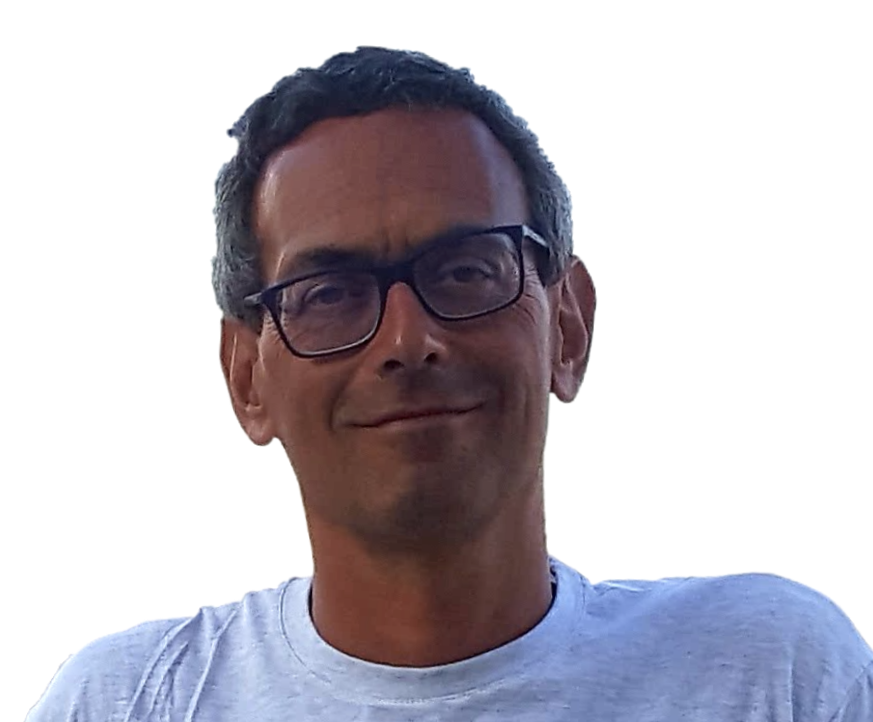
Adam M Lewis was born in Barnet, England in 1964. He graduated in physics from Cambridge University in 1986 and received a PhD in electromagnetic methods for non-destructive evaluation from University College London in 1991. After post-doctoral studies in electric impedance tomography, he worked in the transaction card and satellite communications industries until joining the European Commission in Brussels in December 1997 where he had administrative responsibility for projects in the sensors and microsystems field. He transferred to the Commission’s Joint Research Centre in Ispra, Italy in December 1999 to work on mine detection, and has more recently worked on explosives security, critical infrastructure protection and border security, including electronic passports. Since 2014, he has led a small team working on policy implications of quantum technology. Currently, the main foci are EU Quantum Communications Infrastructure and applications of quantum technology in European space systems.
-
 C5. Building confidence and security in use of ICTs
C5. Building confidence and security in use of ICTs
Action Line C5
-
 Goal 4: Ensure inclusive and equitable quality education and promote lifelong learning opportunities for all
Goal 4: Ensure inclusive and equitable quality education and promote lifelong learning opportunities for all
-
 Goal 5: Achieve gender equality and empower all women and girls
Goal 5: Achieve gender equality and empower all women and girls
-
 Goal 8: Promote inclusive and sustainable economic growth, employment and decent work for all
Goal 8: Promote inclusive and sustainable economic growth, employment and decent work for all
-
 Goal 9: Build resilient infrastructure, promote sustainable industrialization and foster innovation
Goal 9: Build resilient infrastructure, promote sustainable industrialization and foster innovation
-
 Goal 11: Make cities inclusive, safe, resilient and sustainable
Goal 11: Make cities inclusive, safe, resilient and sustainable
-
 Goal 16: Promote just, peaceful and inclusive societies
Goal 16: Promote just, peaceful and inclusive societies
-
 Goal 17: Revitalize the global partnership for sustainable development
Goal 17: Revitalize the global partnership for sustainable development
